In modern industrial processes, the profitability of any production largely depends on the quality of its raw materials. Whether in manufacturing, construction, or medicine, they are key factors in supporting the making of superior finished products. This blog explores their significance, their types, and how effective inventory management can enhance your business operations.
These are essential inputs in the production process, transforming into finished products ready for consumer purchase. This critical role makes them a cornerstone of the global economy and international trade. Countries with abundant natural resources that serve as raw materials can enhance their exports and drive GDP growth. Depending on the industry, they can vary widely. For instance, in the textile industry, they include cotton, wool, and synthetic fibers. In the automotive sector, steel, aluminum, and rubber are key components.
We can broadly classify these into two categories: direct and indirect.
Direct raw materials become a fundamental part of the final product. For example, timber is a direct raw material in the manufacturing of wooden furniture. Silicon chips are direct raw materials for various gadgets in the electronics industry.
Indirect raw materials, however, do not form part of the final product. But they are essential for the production process. These include lubricants for machinery, cleaning agents, and other consumables. They facilitate manufacturing but do not directly constitute the finished product.
The quality directly impacts the quality of the finished product. High-quality raw materials ensure that the final product meets industry standards. In turn, it enhances customer satisfaction and brand reputation. Conversely, substandard materials can lead to defects, increased waste, and financial losses.
In any manufacturing process, these go through several stages before becoming part of the final product. At each stage, the quality and handling are crucial for the efficiency and outcome of the production process. This transformation process includes:
Sourcing the best raw materials from reliable suppliers.
Converting them into semi-finished goods through various methods, such as cutting, shaping, or refining.
Combining semi-finished goods to create the final product.
Managing inventory efficiently is crucial for maintaining a smooth production flow and minimizing costs. Poor inventory management can lead to either a shortage or an excess of them. Both of which have adverse effects on production and profits.
Maintaining up-to-date inventory management is key to managing a supply chain. Here are some key strategies for inventory management.
Use historical data and market trends to accurately predict demand. This helps in ordering the right quantity at the right time.
This approach minimizes inventory holding costs by receiving goods only as needed for production. It reduces waste and ensures good-quality materials.
Implementing inventory software provides real-time stock data, tracks usage, and automates reordering.
Conducting regular inventory audits helps identify discrepancies, prevent theft, and ensure that the inventory records are accurate.
Effective inventory management brings several benefits.
By minimizing waste and avoiding overstocking, businesses can significantly reduce costs.
Ensuring a steady supply prevents production delays and bottlenecks.
Consistent availability of high-quality materials contributes to superior finished products.
Timely payments and orders foster good relationships with suppliers, which can lead to better terms and reliability.
Environmental impact is becoming a key consideration in their use. Industries are now focusing on sourcing materials that are environmentally friendly and sustainable. This reduces the ecological footprint and meets the growing demand for green products.
Here are some sustainable sourcing practices.
Partnering with suppliers who adhere to ethical labor practices and environmental regulations.
Using recycled materials in the production process to reduce waste and conserve natural resources.
Using energy-efficient methods in the extraction and processing to minimize carbon emissions.
Industries are often strategic in how they obtain raw materials. For many, it makes financial sense to work with a third party that collects and distributes them. In other cases, it might be more efficient for industries to establish production facilities that directly gather them. The first option involves continuous operating expenses, whereas the second option entails potentially lower operating costs but higher initial capital investment.
Premium raw materials are crucial in the manufacturing industry. Making them a top priority is not just a strategy for success. Commitment to excellence and environmental responsibility. As industries evolve, the demand for these high-quality, ethically sourced, and sustainably. Its management of raw materials will continue to grow. Embrace this approach, and you will see your business thrive in today's competitive market.
The journey from raw material to final product is a testament to the essential role. These fundamental components play in the world of manufacturing. Choosing the right partner for your raw material needs can significantly impact your business goals. With eINDUSTRIFY, you gain access to a wide range of premium raw materials. That ensures the highest standards of quality and environmental responsibility. Trust us to provide the best products and enhance the quality, reliability, and market value of your finished goods. Let eINDUSTRIFY be your catalyst for powering a future of unparalleled industrial excellence. Email us at info@eindustrify.com or call +1 888 774 7632 to register for access to a premium global marketplace.
Tags: raw materials Types of raw Materials Direct Raw Materials Indirect Raw Materials Raw Materials Inventory
RECENT POSTS:

How Industrial Circuit Breakers Are Critical for Power Generation Safety
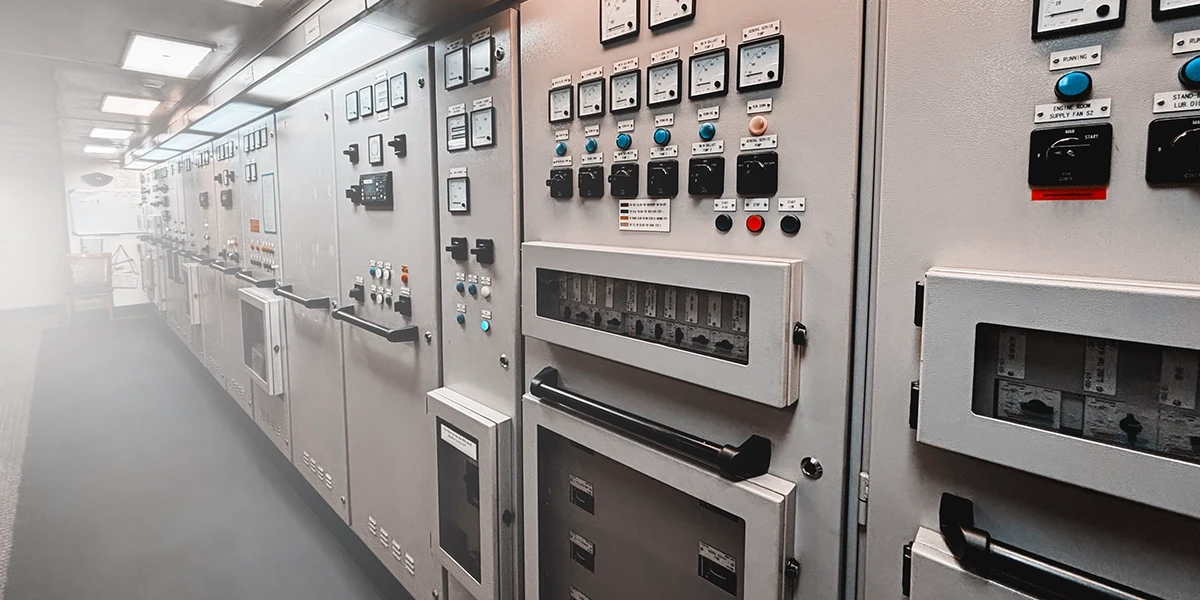
Essential Power Distribution Panels for Optimizing Your Industrial Setup
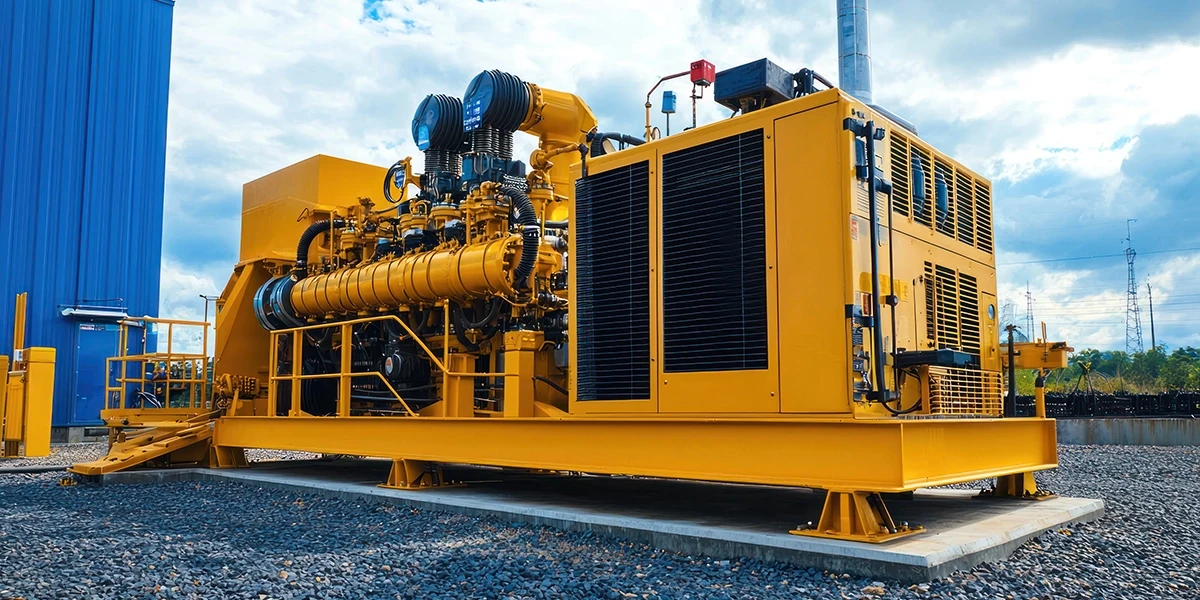
Top 5 Generator Protection Devices for Reliable Power Generation

How to Choose the Right Industrial Air Compressor for Your Facility

Choosing the Right Global Power Transmission Equipment
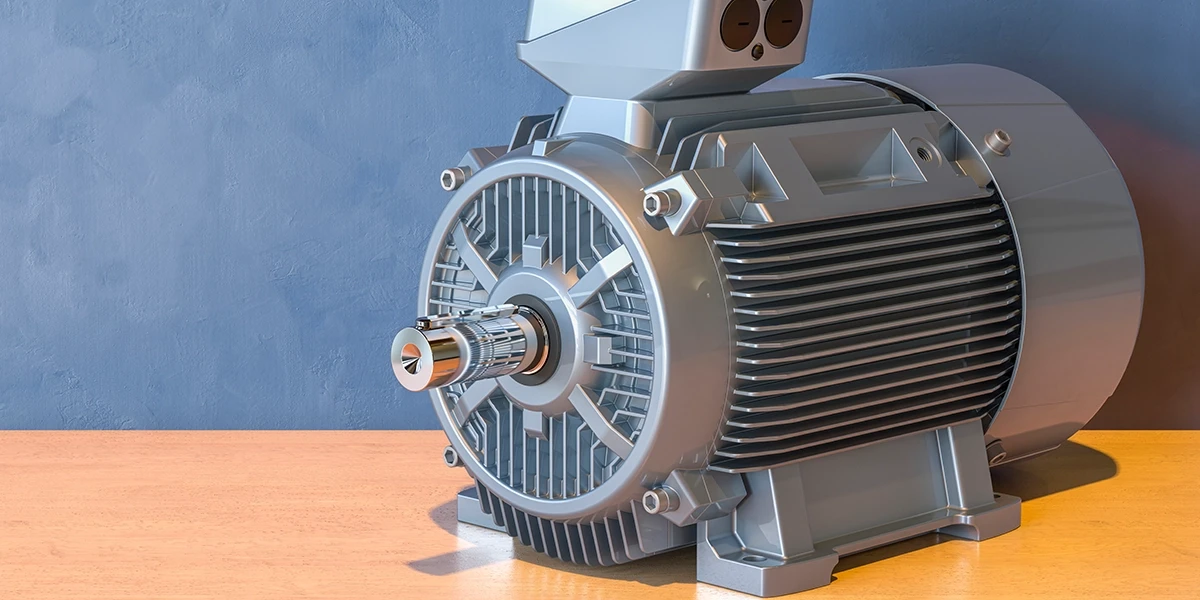
Top DC Motors for Industrial Automation
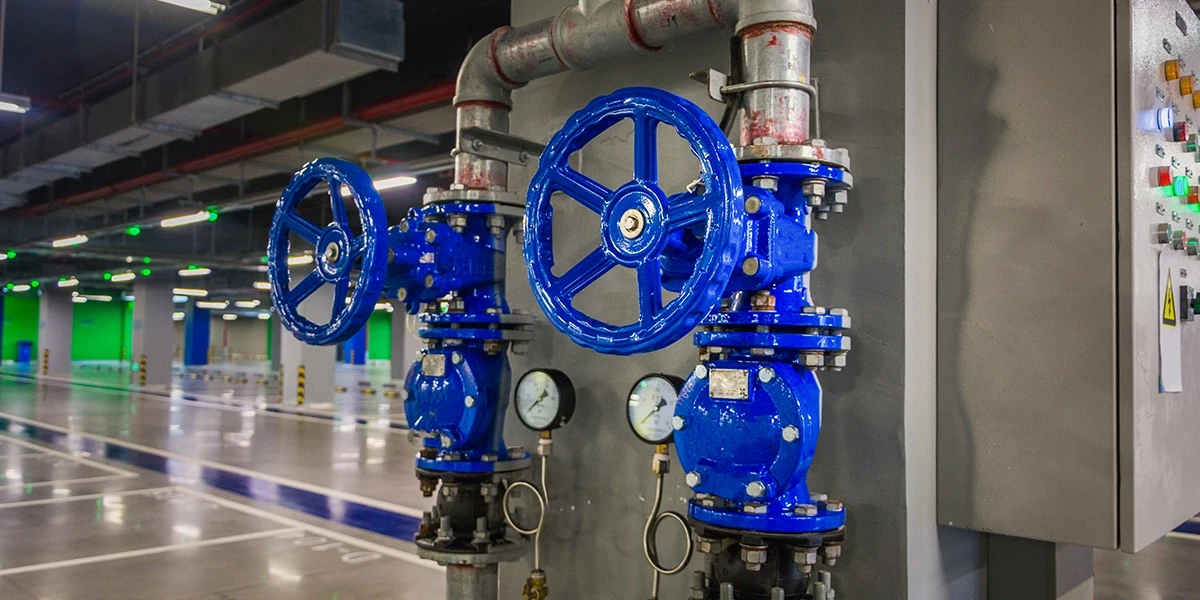
How to Select the Right Control Valves for Your System
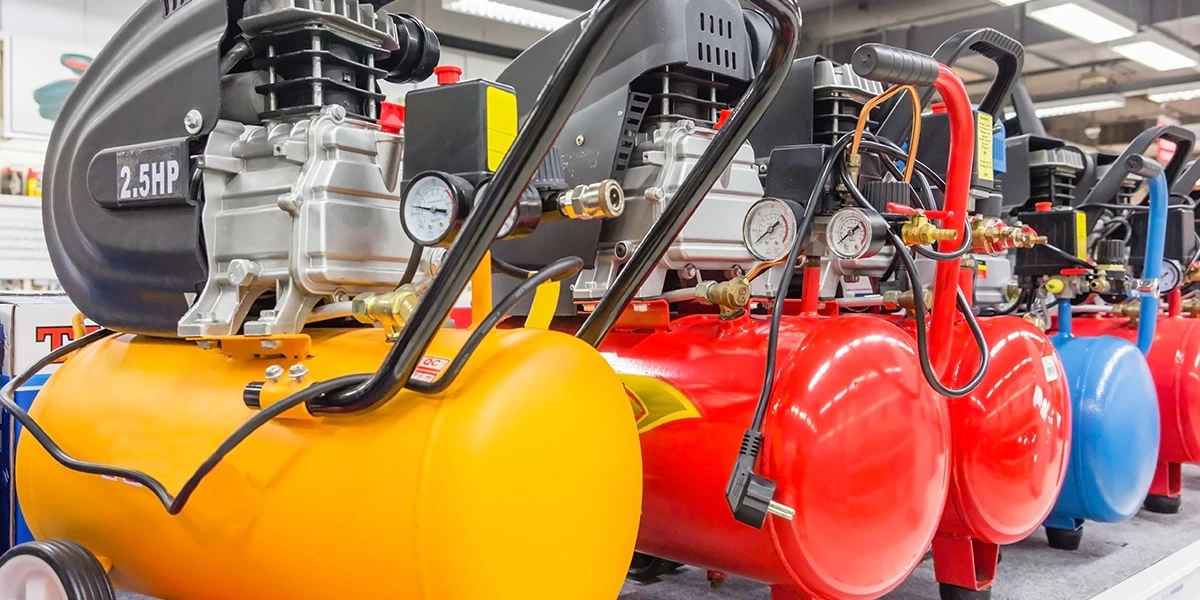
Air Compressors for Sale: Compare Models, Brands, Features